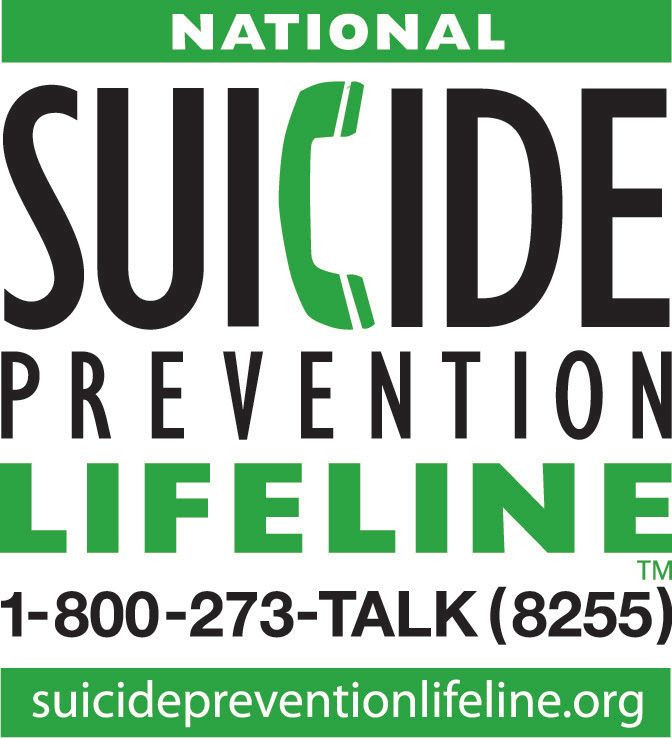NIH Seeking Input on Suicide Trends In Black Youth

Suicide is the second highest cause of death in adolescents; almost 1 in 5 adolescents consider suicide, and more than 1 in 10 come up with a plan. For Black youth, those ideas are increasingly turning into action.
In a study published in 2019 regarding trends in adolescent suicide, the data showed that between 2007 and 2017, the overall rate increased to nearly 12 deaths out of 100,000 from nearly 7 suicides in 2007. This rate increase held across the sexes and ethnicities, but the highest increase was among Black girls, nearly quadrupling in 2017 to 4.0 deaths per 100,000, from 1.2 suicides in 2007.
A survey on youth risk, from 1991 to 2017, showed that Black adolescents had a significant increase in attempted suicides, while other groups, including white and Hispanic groups, had not. Black boys in particular have had an increase in injury by attempt, jumping up to which the study authors say “suggests that black boys may be engaging in increasingly lethal means when attempting suicide.”
This is where you come in. To really address this threat, the best tool is more information-- what's happening, how, why, and what is currently being done about it. The National Institutes of Health is seeking help from across the community, and we are republishing its request to raise awareness of this serious problem.
Request for Information: Guidance on Current Research on the Prevention of Black Youth Suicide
Over the past several years, there has been a significant increase in the rate of suicide and suicidal ideation and behaviors (SIB) among Black youth. From 2001 to 2015, Black youth under 13 were twice as likely to die by suicide compared to their White peers, and the suicide death rate among Black youth was found to be increasing faster than any other racial/ethnic group.
This Request for Information (RFI) seeks input from a variety of stakeholders including researchers, healthcare providers, community leaders, and individuals from other relevant organizations (e.g., schools, social welfare, justice, faith communities) around the risks for and prevention of death by suicide and suicidal ideation and behaviors (SIB) of Black children and adolescents. Specifically, this RFI seeks information on topics of epidemiology, etiology, trajectories, preventive interventions, treatment interventions, and services interventions.
For consideration, comments must be submitted electronically via the NIH RFI website. Comments must be received by January 15, 2021 . Response to this RFI is voluntary and may be submitted anonymously. While not required, NIMH strongly encourages respondents to include their name, the organization they are representing, and their role in the organization. The submitted information will be reviewed by NIH staff.
Sean Marsala is a health writer based in Philadelphia, Pa. Passionate about technology, he can usually be found reading, browsing the internet and exploring virtual worlds.
Published by Medicaldaily.com



























